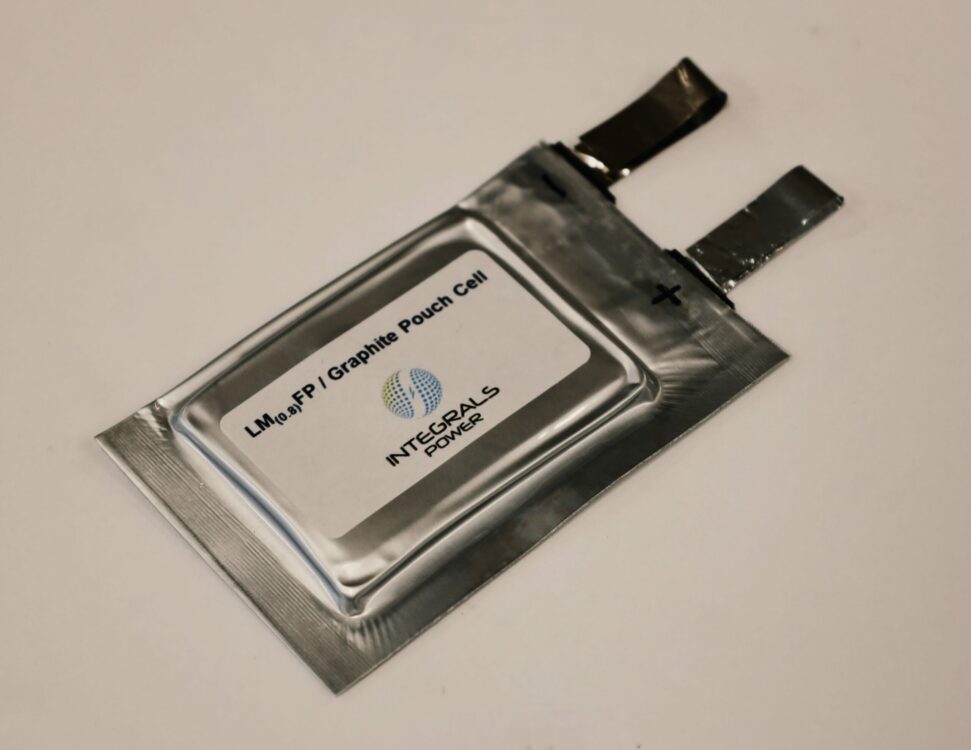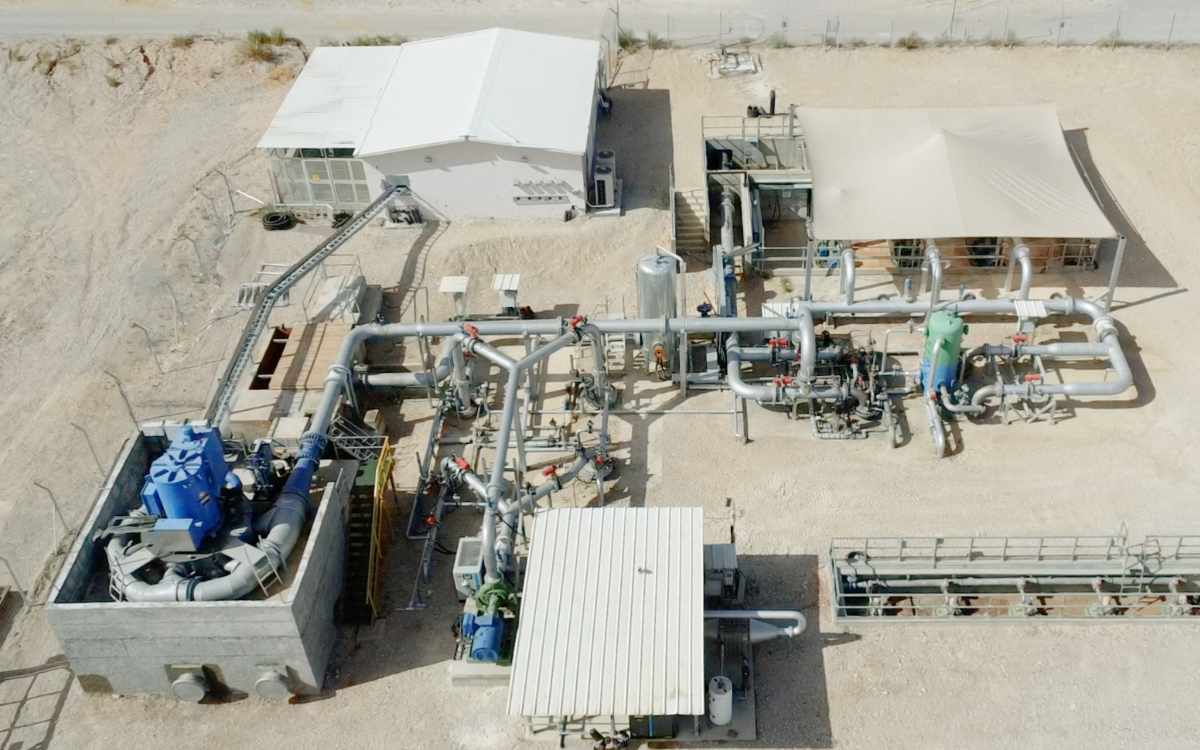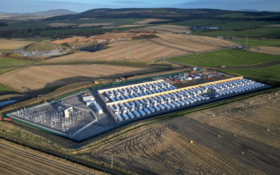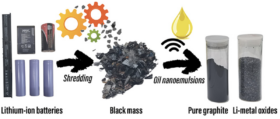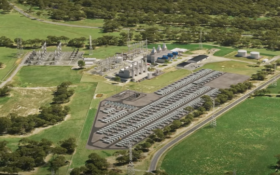The UK-based battery research company Integrals Power said it received validation for its new lithium-manganese-ferro-phosphate (LMFP) cathode material from the testing firm QinetiQ.
It claims the LMFP battery was validated at C-rates of up to 10C, and that the material retained 92% of its original capacity at 5C and 99% at 2C.
Capacity retention at 10C was found to be 60%, it said.
The company has been trying to increase the manganese in its chemistry without losing energy density, it said.
It took the material to other third-party testing companies before QinetiQ and was given approval for manganese content of 80%, with an energy density of almost 150mAh/gr specific capacity, it claims.
Integrals said that this testing proves that its LMFP material can be used to make cells that are well balanced in terms of high performance, having a long range and long life.
This is especially in comparison to the capability of lithium-ferro-phosphate (LFP), which it said would be exceeded by LMFP but at less cost.
LMFP use would mean less reliance on critical minerals than nickel-manganese-cobalt (NMC) batteries, it said.
The firm is focused on the electric vehicle (EV) battery field and said it has been building up a network between academic partners and industry stakeholders.
It began sending LFP and LMFP cathode materials to (EV) battery manufacturers in November 2024.
Behnam Hormozi, Integrals founder and CEO, said: “we are able to demonstrate to our customers around the world that we can enable significant cost and weight reductions, and more compact, more sustainable, and longer-lasting battery pack designs.”
Image: the LMFP graphite pouch cell from Integrals. credit: Integrals Power.

